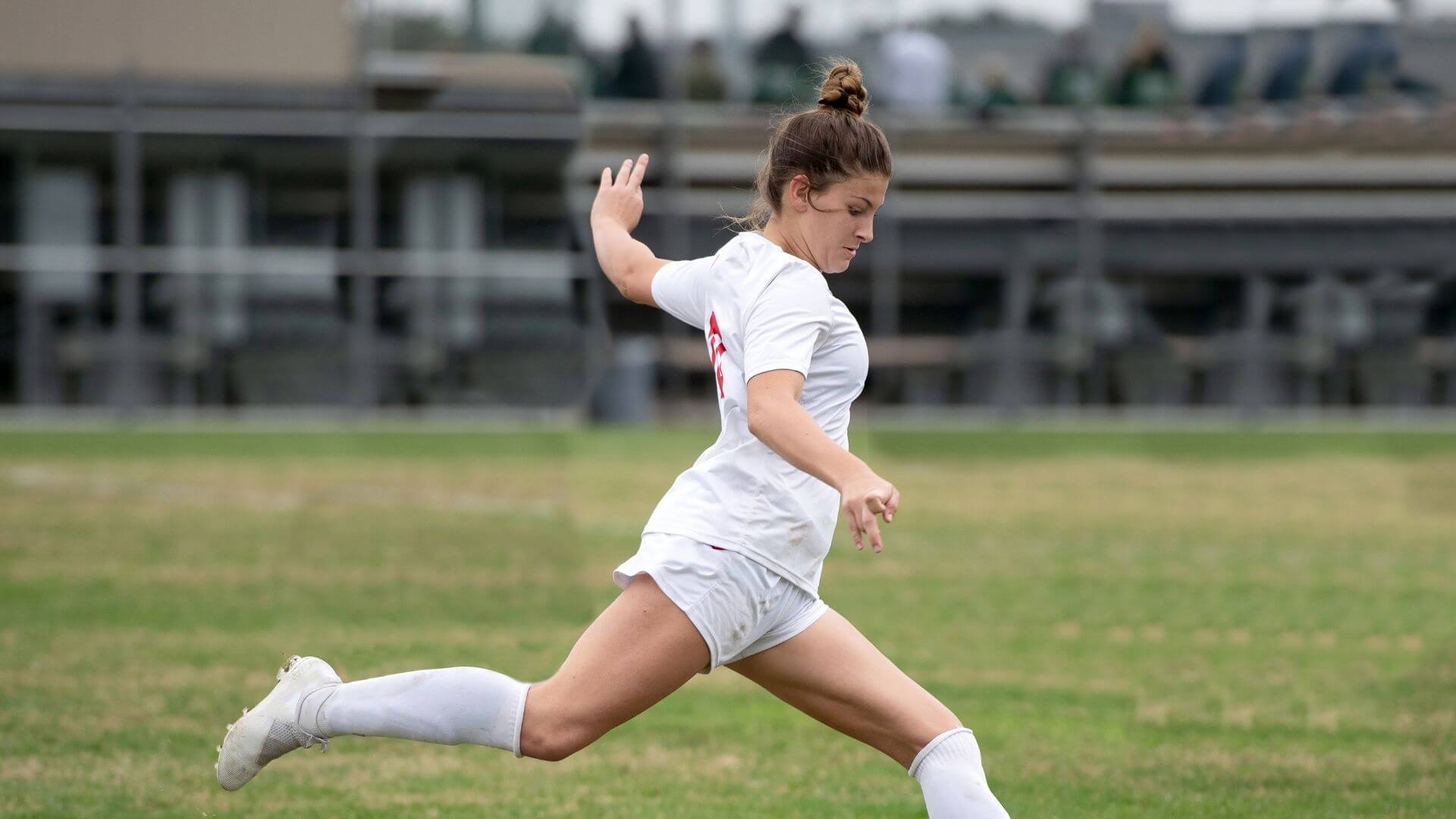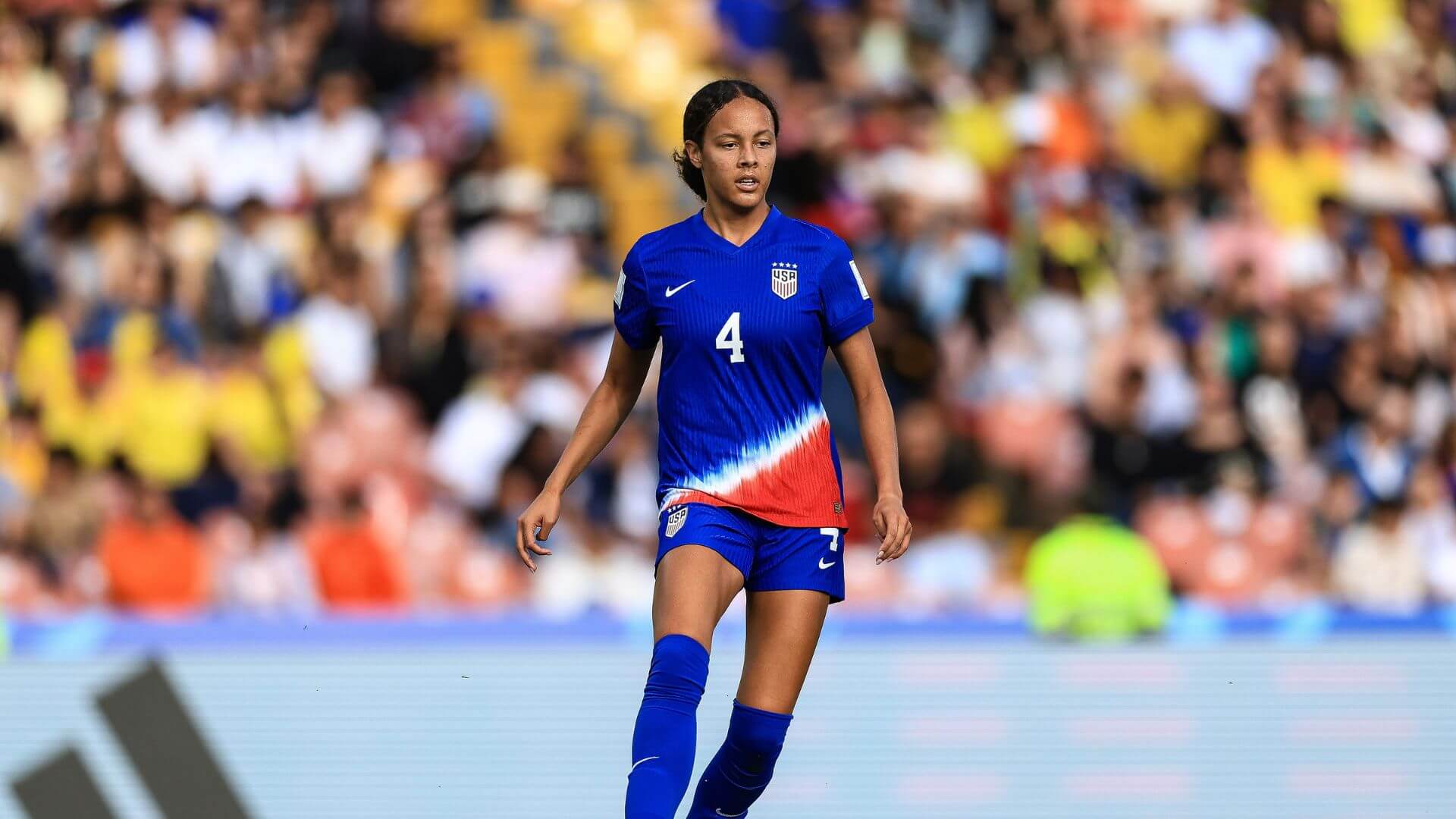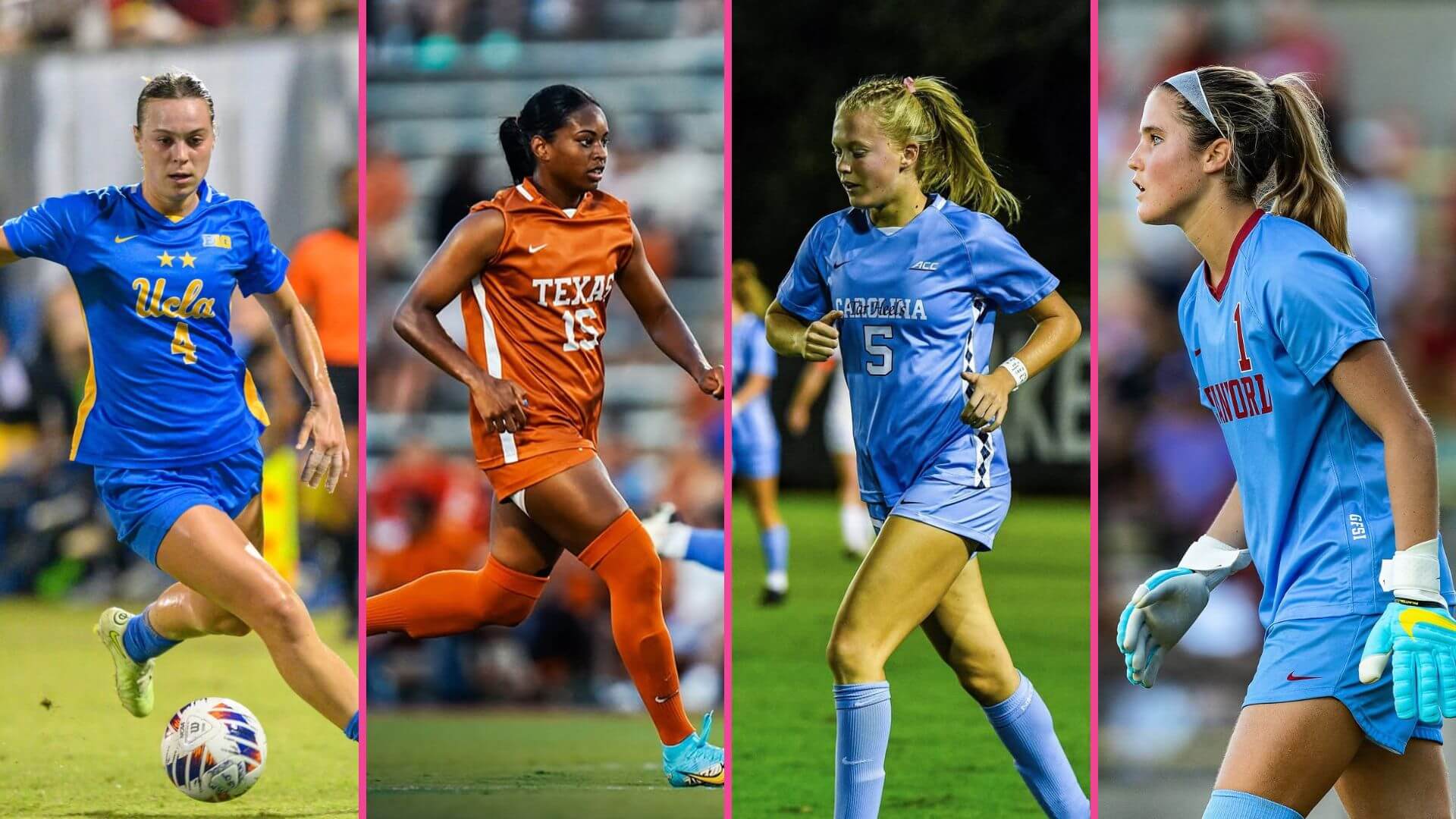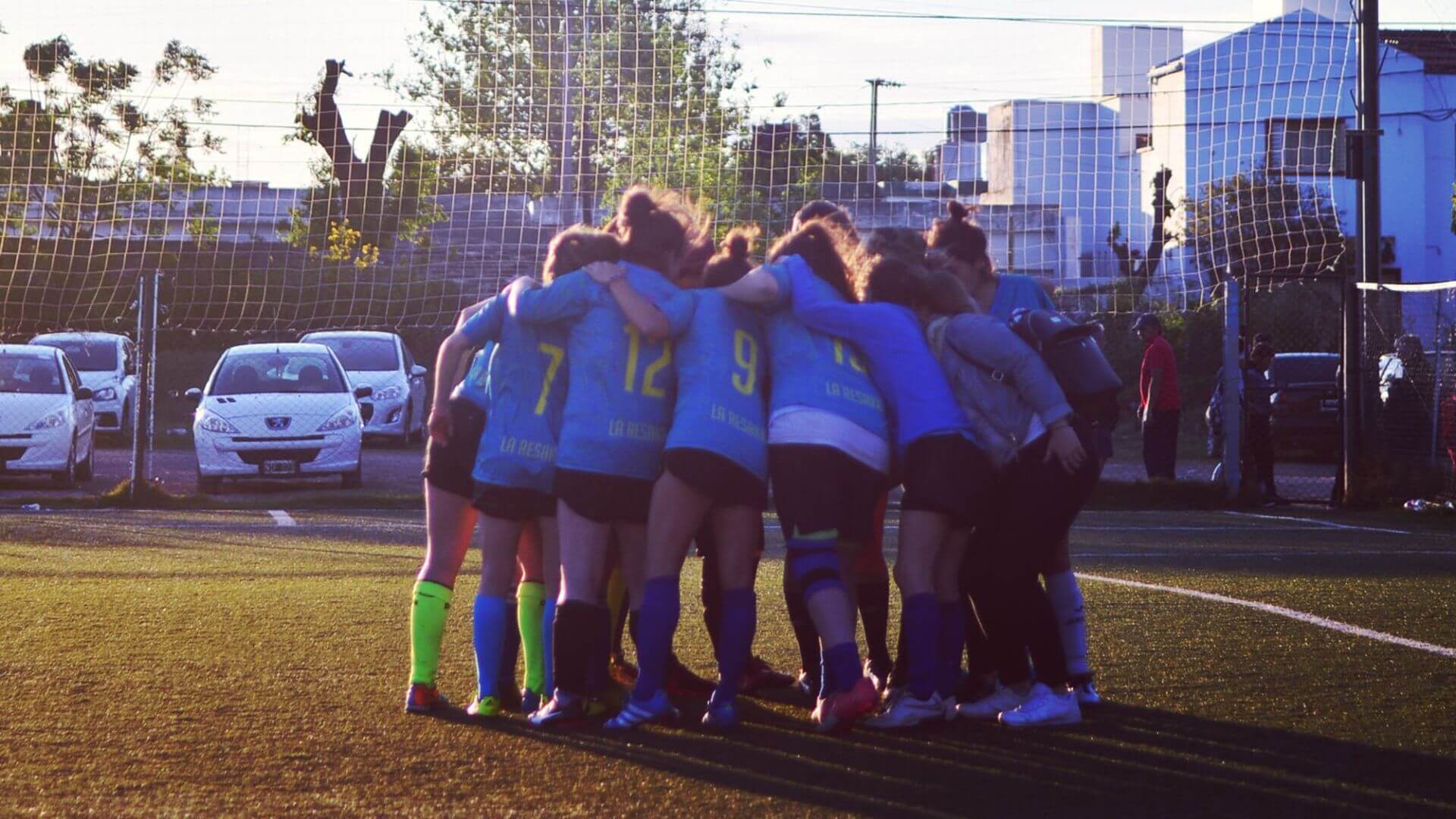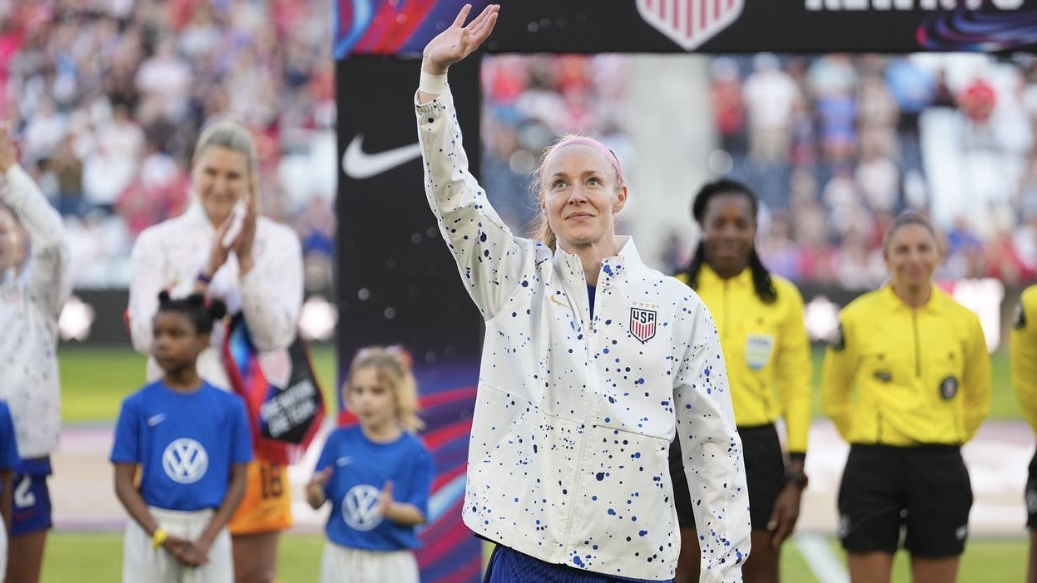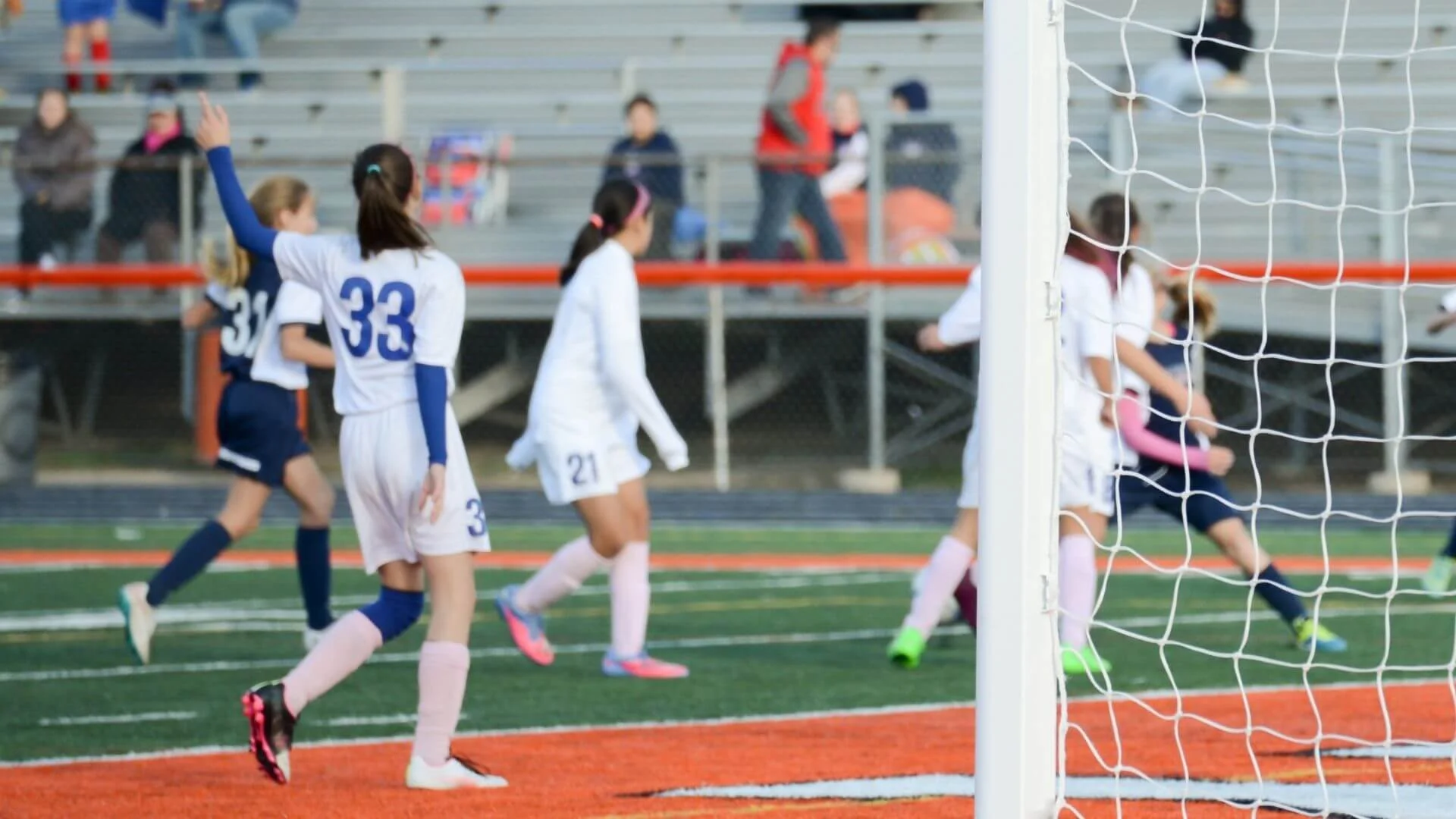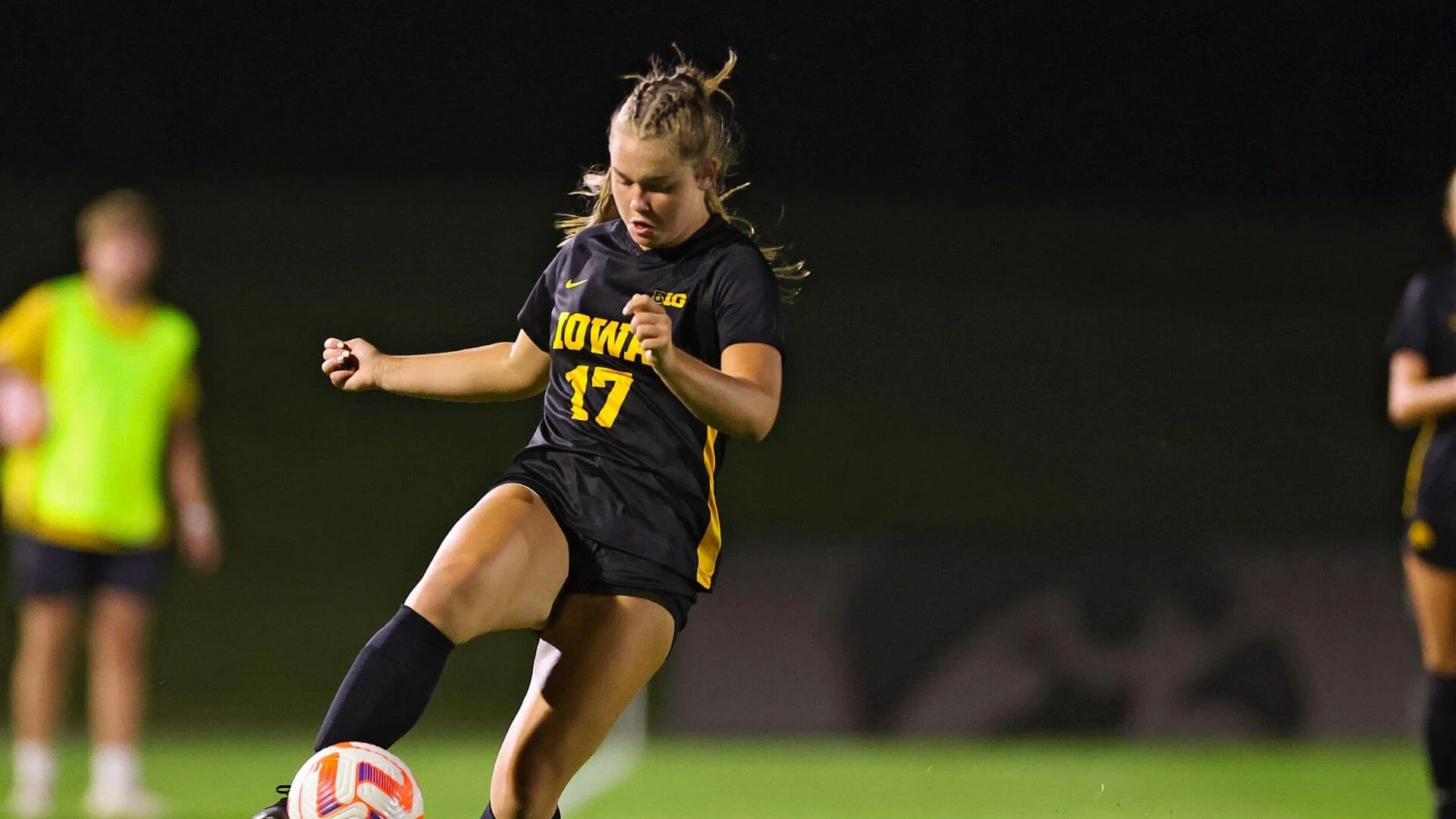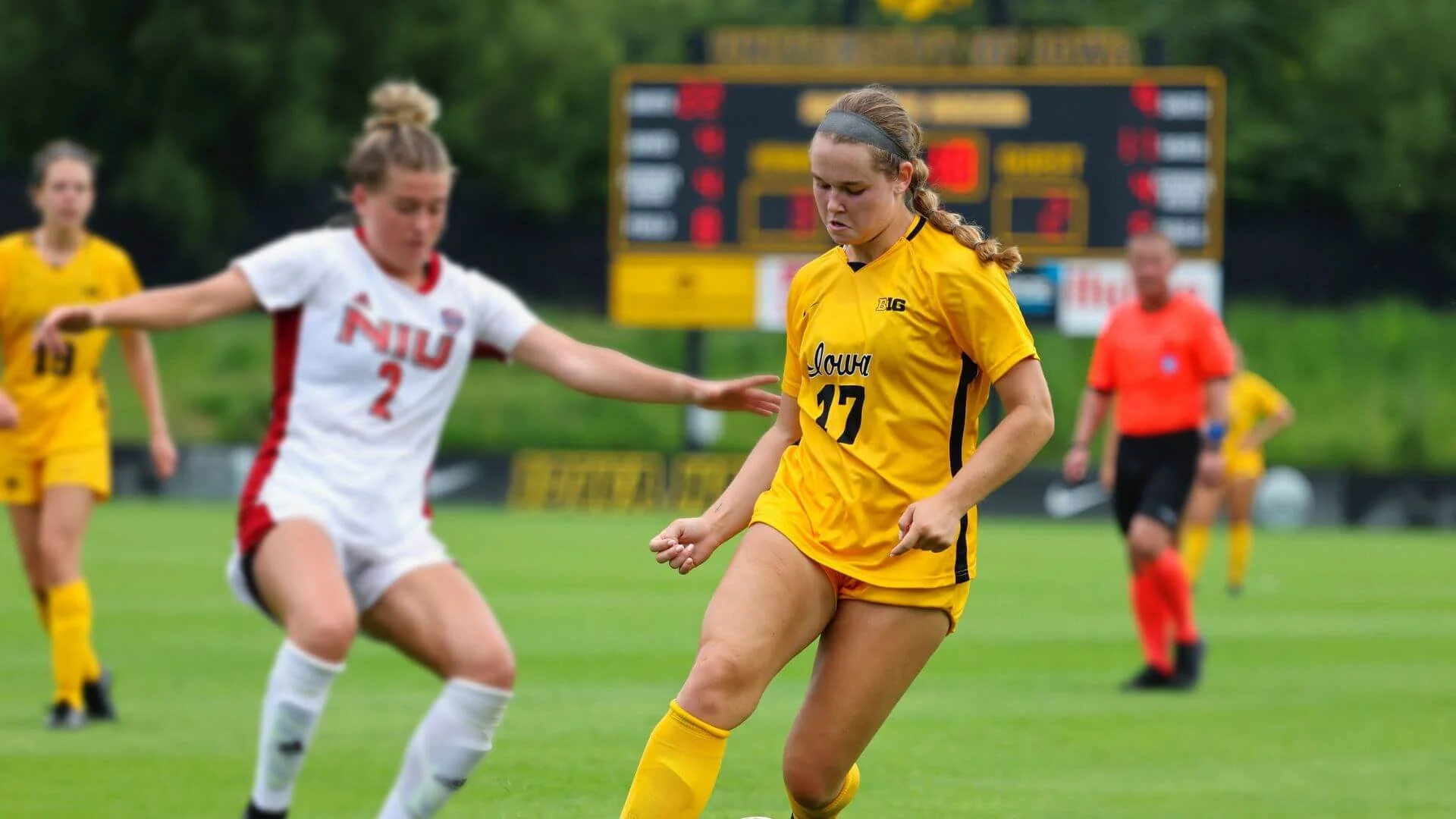The Invisible Battle: Dear Parents, Teammates, and Coaches of T1D Athletes
My name is Delaney Holtey, and I am a 19-year-old student-athlete at the University of Iowa studying health and human physiology on a pre-chiropractic track. I grew up in Cedar Rapids, Iowa, and at the age of seven was diagnosed with type one diabetes, otherwise known as T1D. Since then, I have grown and matured to live a busy lifestyle while managing being a student-athlete and a type one diabetic. I want to share my story, diagnosis, and journey with you all. Additionally, I want to discuss what I’ve learned and give some advice to other T1D athletes, their families, teammates, and coaches. Catch up with Part 1 here and Part 2 here.
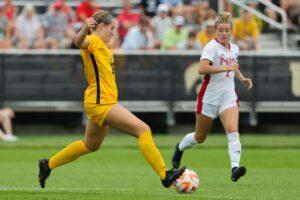
For Parents:
Hi! First off, thank you for taking the time to read this. Your support for your child is going to help your own understanding significantly, and you may be able to support them in a better way. Everyone wants to be understood. Having a little more understanding of your child’s daily life and needs will mean more than you could ever know.
Along with the busy schedule of sports travel and practices, along with other extracurriculars, you have to worry about your child’s health. Some of you may have diabetes yourself, so you understand more about what your child endures daily.
Many of you, however, do not experience the life of diabetes firsthand, but you must watch your child go through the struggles of T1D and try your best to support and provide for them. To this, I would like to thank you. Thank you for being a support system for your child.
T1D adds another layer to your routines, whether packing for a tournament weekend or finding/packing different foods for your diabetic. When I was younger, I took these things for granted, and today I see what my parents did for me and how they helped set me up so I could be successful.
As you have probably experienced already, there will be challenges and adversity that your child will face. You cannot care for your child when they are competing or make them understand the importance of taking care of themselves. Keep trying. Eventually, they will hear you. I know it can be frustrating, especially in the teenage years.
Your approach may depend on your child’s personality. Personally, I liked when my parents acknowledged that they didn’t understand living with T1D fully. Still, they were willing to listen and support me in whatever way they could. When adversity strikes, be that listening ear, big hug, or shoulder to cry on. That support goes a long way.
You cannot do it for them. But, you can support them as they grow, compete, and become adults while having other T1D athlete battles.
For Teammates:
If you are a teammate of a diabetic, taking the time to read this, thank you. Some of my biggest support systems in stressful situations on the field regarding my blood sugars have been eased by supportive teammates.
It takes one person to let you know that you feel heard and appreciated to make everything a little better when things go wrong. A simple word of encouragement in a game after a play can go a long way. As a teammate, be there when your teammates with T1D need you!
The small things will make the biggest difference. The people who helped me along the way are those I keep in touch with today and have great memories with.
Personally, I love when my teammates ask me questions regarding T1D. I think there isn’t enough general awareness of it, so I love sharing information.
However, I know some diabetics are not as open to discussing it. This doesn’t mean they don’t want your help or support. They might just have different boundaries. Respecting each individual T1D athlete’s boundaries is important too.
Finally, thank you for being a great teammate by supporting your teammates! I hope I provided some insight into how much the little things help us in times of need. As you know, if you encourage and build each other up as teammates, you’ll find successful chemistry on and off the field.
For Coaches:
Hey coach! Whether you’re reading this because you have a diabetic on your team or just out of curiosity, I hope this has provided some good insight! I know how crazy the life of a coach can be, especially as you move into the collegiate levels—recruiting, running/planning practices, scheduling meetings and competitions, along with hundreds of other things.
I know your time is very limited and must be used wisely. For most coaches, the player-coach relationship is important. Mutual respect and understanding of the wants and needs of one another are important for team chemistry and success. This can be especially important when it comes to coaching a T1D athlete.
When you have an athlete on your team with diabetes, it is crucial to understand that their health is the most important thing. If your player isn’t healthy, there is no way they will be able to perform for you. Almost every diabetic I have met does everything in their power to play and be available to play for their team and you.
Very, very rarely have I run into a diabetic that uses their disease as an excuse or crutch not to do things or get out of activities. Most of those people do not make it into a high-level program. Another point I would like to make about this, perhaps the most important in my opinion is that not one diabetic is the same.
You may have current or previous players with T1D who did things in a specific way that worked for them. That is great. However, the chances that those same strategies work for another diabetic are slim. Do not compare your diabetic players to each other in a negative light. Just like a person’s personality or playing style, everyone’s strategies will differ, and they will get results differently.
My last point is about when adversity strikes. I understand and respect that you want to be as efficient as possible as a coach. But, I will plead for myself and all diabetic athletes with this; please do not take your frustrations out on us when our diabetes takes us out of training or a game.
The amount of guilt, panic, shame, and anxiety I feel when something isn’t going the way I want it to with my blood sugars is immense. I want nothing more than to be a normal player and not to sit out of an activity or drill. I beg of you as a coach; please have some patience and grace when adversity strikes.
As frustrating as it may be for you, I promise you that your T1D athlete feels that frustration ten times greater. A little patience and grace will go a long way, and your athlete will be forever grateful for it. I have dealt with coaches that made comments, had no patience for my needs and health, and no grace toward me being an athlete living with T1D.
This will take a toll on your athlete’s mental and physical health, confidence, and performance as an athlete. It’s okay to express any concerns or questions you may have. That communication is crucial and may not always be positive. Make sure your athletes know you’re asking because you care. These are some things that may be helpful to keep in mind while having players who live with diabetes.
Thank you
Thank you for taking the time to read a bit about my diagnosis and journey as an athlete with Type One Diabetes. This is only scratching the surface of what a lifestyle with diabetes is like. There are so many other topics and aspects I could share in more depth. I wanted to give you the most direct version possible here.
Lastly, a message to my fellow diabetics: you CAN do it. I know the frustration, challenges, and chaos that can come with this life; no, it is not fair. However, I encourage you to face it head-on and make it something you can be proud of. At the end of the day, it’s the life you’ve been given.
Be proud you can handle T1D while doing things that everyone else is doing at the same time. You got this. Find your support system, whether that’s family, friends, a teacher, coach, and lean on them when you need to.
You can accomplish anything you put your mind to, and do not let diabetes be the thing that stops you.
Contact Information:
Instagram: @delaneyholtey | Facebook: @delaneyholteyc| Twitter: @delaneyholtey
Email: dkholtey@gmail.com
_
GIRLS SOCCER NETWORK: YOUR SOURCE FOR GIRLS SOCCER NEWS



